Cancer does not have a single cause, but instead is the result of the interaction of several factors. [1] However, certain factors, such as obesity and smoking, can increase one’s risk of developing cancer. There is one major factor, though, that many new patients under the age of 45 share in common. An oncologist from Duke University in North Carolina, Dr Nicholas DeVito, has recently noted this factor and begun to share his findings with the public.
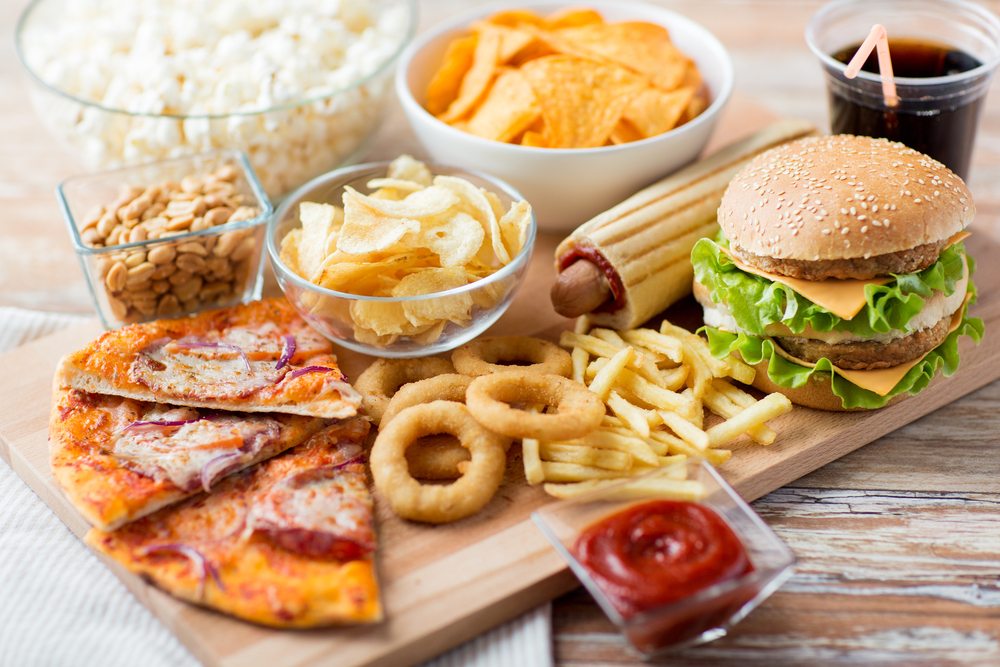
Lack of Regulation
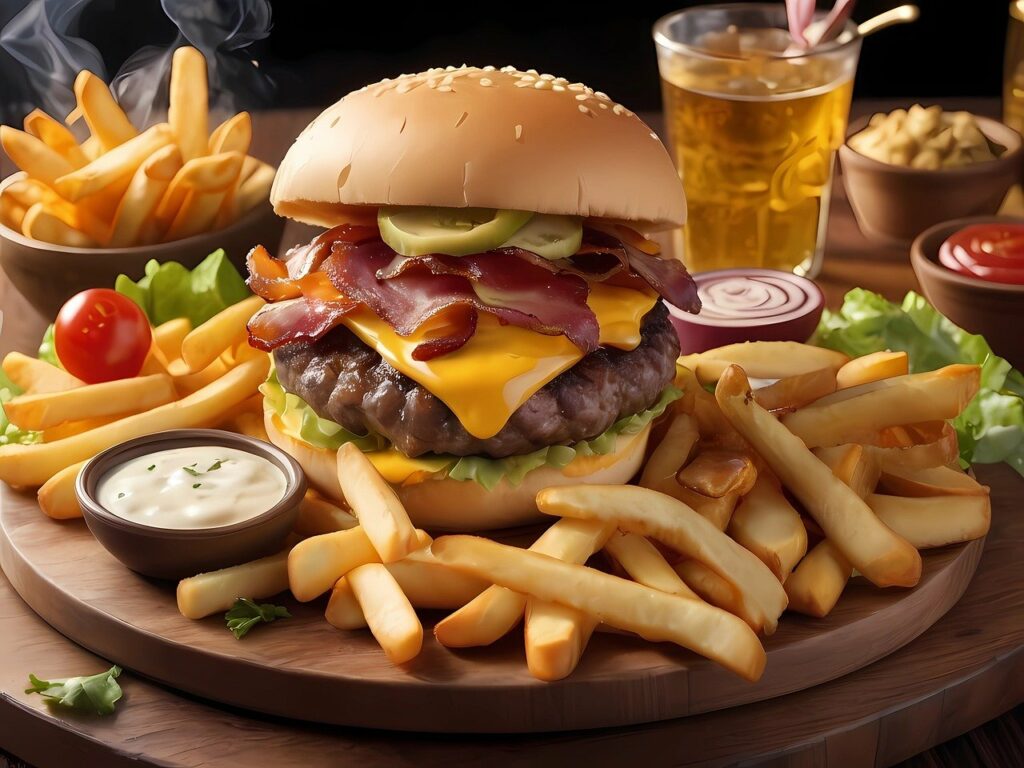
Diets that are heavy in processed foods are proving to be a cause of gastrointestinal cancers
. [2] This is raising concerns about proper regulation in the food industry. The U.S. often allows the use of additives that have not been proven 100% safe yet. This is in stark contrast to the regulatory practices of the European Union, where ingredients have to first be proven safe before they go on the market.
False Advertising

Adding to the lack of regulation is the fast food adverts which portray a healthy and social lifestyle, without any warning of the real consequences of consuming ultra-processed fast food. Eating junk food has become engrained in the American culture, it is as synonymous with Americana as baseball and Independence Day. Not to mention the industrial lobbyists who push to cast junk food in a positive light. The Dr feels that it is vital that the desire to protect citizens from cancer-causing substances should transcend the political motivations of these lobbyists.
Stay Away From Junk Food and Processed Meat

Doctors recommend that individuals consume less highly processed food that is high in salt, sugar, and saturated fats. This includes biscuits, cakes, pastries, fries, sugar-sweetened sodas, and fast food, such as burgers and pizzas. While cancer was previously a disease associated with the elderly, in recent years there has been a trend of individuals getting diagnosed with cancer younger and younger.
The Data on Fast Food and Cancer
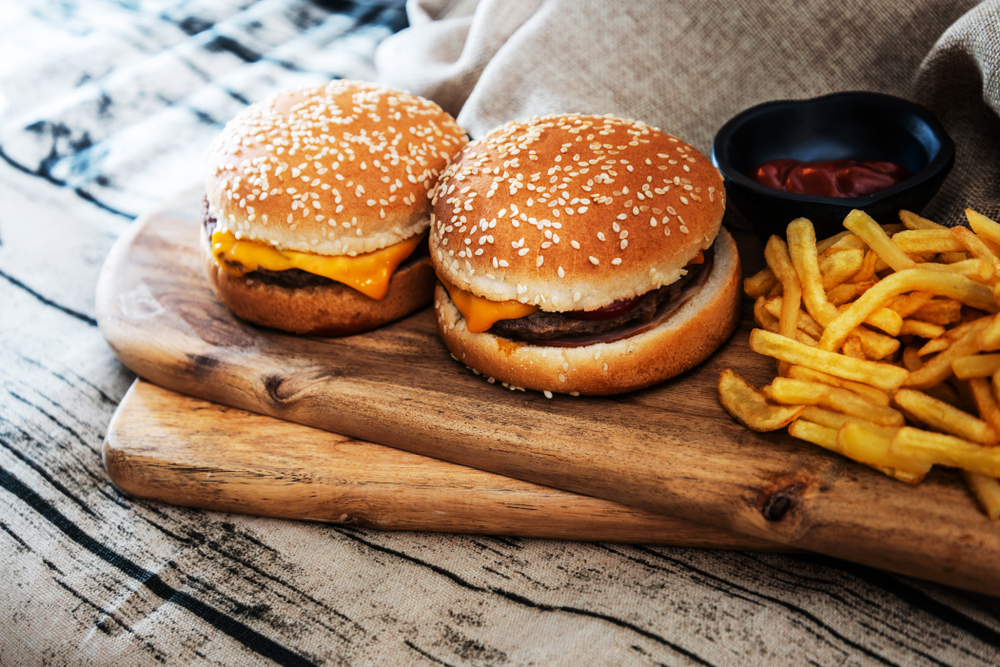
While there may be several factors contributing to the development of cancer, processed meat and other highly processed foods have recently drawn the most notice. Recent research has indicated that on some occasions early-onset bowel cancer can be triggered by gut bacteria that’s more common in individuals whose diets are high in sugar and low in fiber. Some tumors of people diagnosed with early-onset colorectal cancer have mutations that might be initiated by these microbial species. Doctors believe that these mutations limit the body’s ability to fight pre-cancerous cells.
What Are Ultra-Processed Foods

Ultra-processed foods refer to packaged foods, beverages, cereals, and ready-to-eat items containing colorants, emulsifiers, flavorings, and other ingredients. They are often sugar-heavy, full of saturated fat and salt, and contain no nutrients or fiber. One recent study revealed that ultra-processed foods make up around 73% of the American food supply. [3] More than 60% of an average American’s daily calorie intake comes from consuming ultra-processed foods.
How Often Is It Safe to Eat Junk Food?
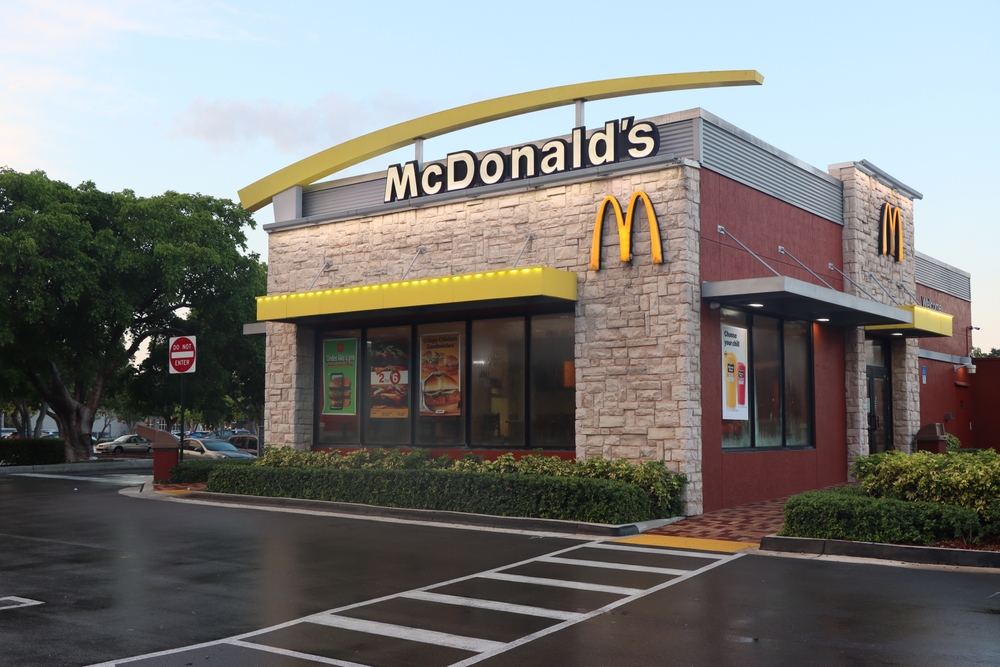
Doctors suggest that this type of food is only eaten in small amounts on an occasional basis. Research has indicated that individuals who consume 10% more ultra-processed foods have a 23% greater risk of developing neck and head cancer. A diet heavy in processed foods was also linked to a 24% greater risk of developing cancer of the esophagus. This type of cancer is the sixth most common cause of cancer-related mortalities around the world. Processed meat is so bad for the human body that the World Health Organization recently classified it as carcinogenic. There was also data that proved the consumption of processed meat caused colorectal cancer.
The Bottom Line on Cancer and Highly Processed Food
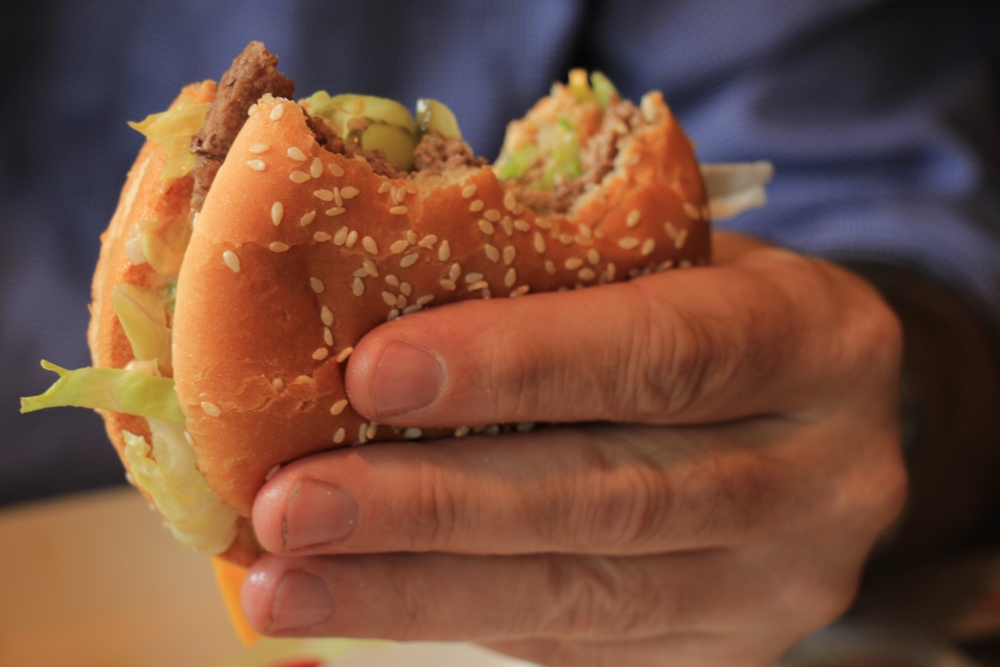
Doctors say the higher cancer risk is due to the nitrates in the meat. When these nitrates which with various chemicals in the body, they damage cells. Another study revealed that individuals who consumed processed red meat daily were 40% more likely to develop bowel cancer. This was compared to those who only consumed meat once a week. A rise in cancer risk was found to be linked to the consumption of foods that contain nitrite preservatives, smoked foods, and red meat. If you want to lower your cancer risk, cut out processed meat and junk food as much as you can. Try to limit yourself to eating meat once a week, there are so many tasty alternatives to explore!